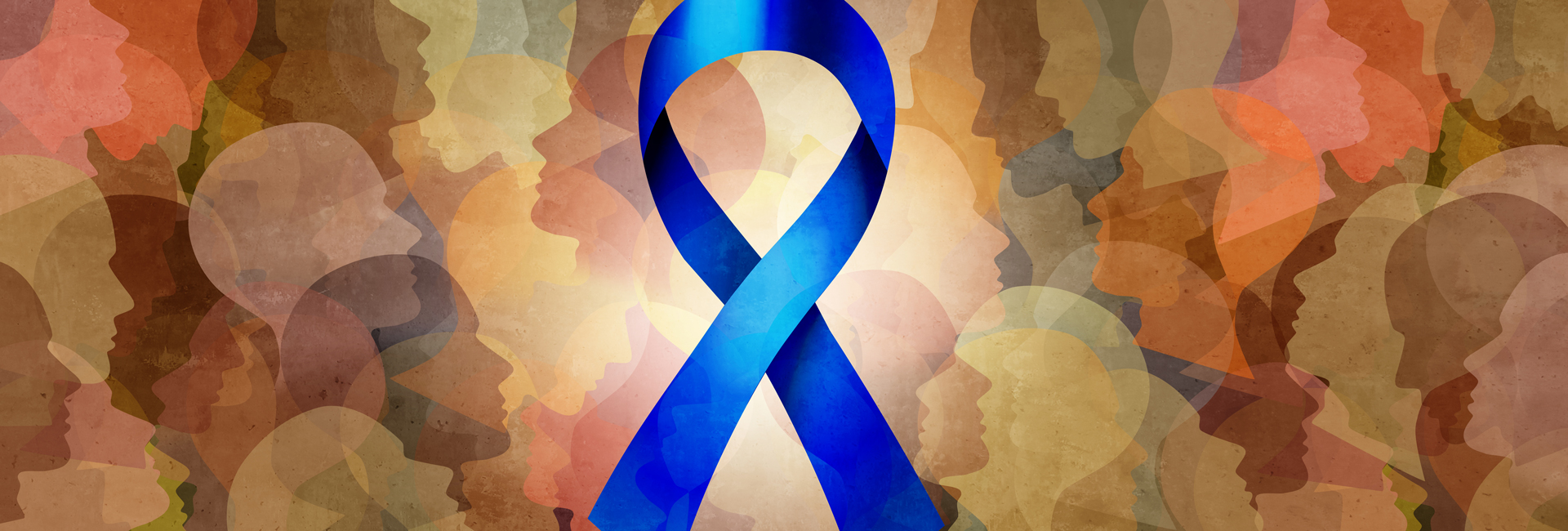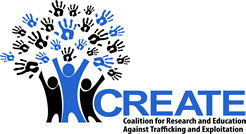Through research, education, and awareness campaigns, Nova Southeastern University's Coalition for Research and Education Against Trafficking and Exploitation (CREATE) equips individuals and organizations with the tools to identify and report victims of human trafficking. By fostering a more informed and engaged community, we aim to increase awareness of this widespread problem and ensure that victims receive the necessary support and services.
Mission Statement
Through research and education, CREATE® will equip all members of the community, including private citizens, educators, current and future health care professionals, and organizations with the skills to identify victims of human trafficking resulting in increased reporting to appropriate health and social services.
What is Human Trafficking?
Human trafficking is a heinous crime that exploits individuals for forced labor, sex trafficking, or other forms of modern-day slavery. It’s a global crisis that affects people of all ages and backgrounds.
- Sex Trafficking occurs when a trafficker exploits an individual with force, fraud, or coercion to make them perform commercial sex.
- Organ Trafficking Is the practice of stealing or buying organs through exploitation to be sold on a black market for profit.
The problem is larger than you think. 78% of slaves are used for labor, 22% of slaves are used for sex, 71% of slaves are women and girls, and 33% of slaves are children. One person is trafficked every 10 minutes. By working together, we can make a significant impact in combating this injustice and creating a more just and equitable society.
Recognizing the Signs of Human Trafficking
Identifying potential victims of human trafficking is a crucial step in providing them with the necessary support and resources. While it's important to be aware of common indicators, it's essential to approach situations with empathy and sensitivity. Here are some potential signs to watch for:
- Emotional Distress: Does the person exhibit signs of fear, anxiety, depression, or trauma?
- Limited Control: Does the person appear to be under the control of another individual, unable to make independent decisions or speak for themselves?
- Physical Indicators: Are there visible signs of physical abuse, neglect, or restraint?
- Isolation: Does the person have limited contact with friends, family, or outside support systems?
- Restricted Movement: Is the person's freedom of movement restricted, confined to specific locations or controlled by others?
- Exploitative Labor: Does the person work excessively long or unusual hours, often for little or no pay?
- Lack of Autonomy: Is the person denied basic freedoms, such as socializing, attending religious services, or accessing personal belongings?
If you suspect someone may be a victim of human trafficking, it's crucial to reach out to local law enforcement or the National Human Trafficking Hotline (1-888-373-7888) for assistance.
Trafficking Statistics
Despite the significant disruptions to efforts to combat this crime, the anti-trafficking community found ways to adapt and forged new relationships to overcome the challenges.
- An estimated 40.3 million victims are trapped in modern-day slavery. Of these 24.9 million were exploited for labour and 15.4 million were in forced marriage
- An estimated 21 million children, women and men are caught in the cycle of trafficking worldwide, with 80% of trafficking victims women and up to 50% children
- There are between 100,000 to 300,000 sex trafficking victims under 18 in the U.S. per year
- 12 years old - the average age of entry into sexual exploitation industry, with some as young as 9 years old
- Total yearly profits generated by human trafficking are $32 billion. Specifically, trafficking for sexual exploitation generates $28 billion per year
- Human trafficking is the fastest growing and third largest organized criminal activity, behind only drug and arms trade
Florida is one of the top three human trafficking destinations in the United States. In one year, there were 878 calls to the national human trafficking hotline pertaining to the state of Florida. Of those, 329 were able to be verified as human trafficking cases.
Here’s how the percentages work out for those 329 calls.*
- 80% of Florida callers were female
- 70% of Florida callers were adults
- 30% of Florida callers were U.S. citizens
- An estimated 40.3 million victims are trapped in modern-day slavery. Of these 24.9 million were exploited for labour and 15.4 million were in forced marriage
- An estimated 21 million children, women and men are caught in the cycle of trafficking worldwide, with 80% of trafficking victims women and up to 50% children
- There are between 100,000 to 300,000 sex trafficking victims under 18 in the U.S. per year
- 12 years old - the average age of entry into sexual exploitation industry, with some as young as 9 years old
- Total yearly profits generated by human trafficking are $32 billion. Specifically, trafficking for sexual exploitation generates $28 billion per year
- Human trafficking is the fastest growing and third largest organized criminal activity, behind only drug and arms trade
Florida is one of the top three human trafficking destinations in the United States. In one year, there were 878 calls to the national human trafficking hotline pertaining to the state of Florida. Of those, 329 were able to be verified as human trafficking cases.
Here’s how the percentages work out for those 329 calls.*
- 80% of Florida callers were female
- 70% of Florida callers were adults
- 30% of Florida callers were U.S. citizens
Meet the Founders
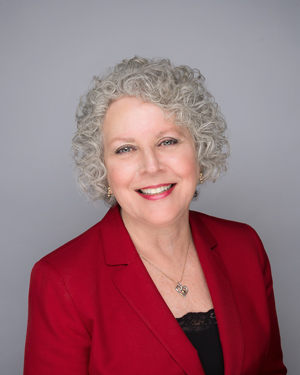 Brianna Black Kent, Ph.D, is trained as a nurse, psychotherapist, mediator, and facilitator. Her involvement
in researching and raising awareness of human trafficking extends back to 2010. She
has been involved in researching and raising awareness of human trafficking since
2010 when she founded Nova Southeastern University projectHEAT (Health Educators Against
Trafficking). In 2014 projectHEAT expanded into the NSU Coalition for Research and
Education Against Trafficking and Exploitation (CREATE). The United States State Department
invited Dr. Kent to participate in a discussion of the problem of human trafficking
with governmental and non-governmental representatives from Azerbaijan. She has participated
in two congressional round tables on human trafficking and has presented at national
and international conferences.
Brianna Black Kent, Ph.D, is trained as a nurse, psychotherapist, mediator, and facilitator. Her involvement
in researching and raising awareness of human trafficking extends back to 2010. She
has been involved in researching and raising awareness of human trafficking since
2010 when she founded Nova Southeastern University projectHEAT (Health Educators Against
Trafficking). In 2014 projectHEAT expanded into the NSU Coalition for Research and
Education Against Trafficking and Exploitation (CREATE). The United States State Department
invited Dr. Kent to participate in a discussion of the problem of human trafficking
with governmental and non-governmental representatives from Azerbaijan. She has participated
in two congressional round tables on human trafficking and has presented at national
and international conferences.
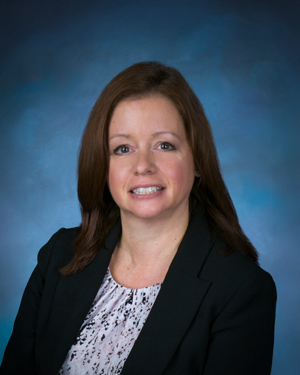
Sandrine Gaillard-Kenney, Ed.D. is the associate dean of the Dr. Pallavi Patel School of Health Sciences. Dr. Gaillard-Kenney has been involved in researching and raising awareness of human trafficking since 2010, when she founded Nova Southeastern University projectHEAT (Health Educators Against Trafficking). In 2014 projectHEAT expanded into the NSU Coalition for Research and Education Against Trafficking and Exploitation. The United States State Department invited Dr. Gaillard-Kenney to participate in a discussion of the problem of human trafficking with governmental and non-governmental representatives from Azerbaijan. She has participated in two congressional round tables on human trafficking and has presented at national and international conferences.
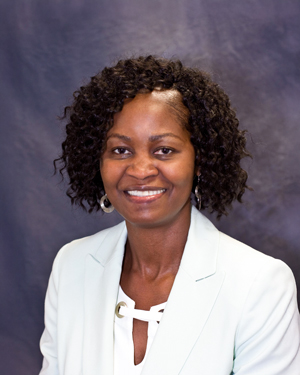
Eunice Luyegu, Ph.D. is a curriculum specialist and associate professor in the Dr. Pallavi Patel School of Health Sciences. She is the web designer and web manager for the CREATE website.
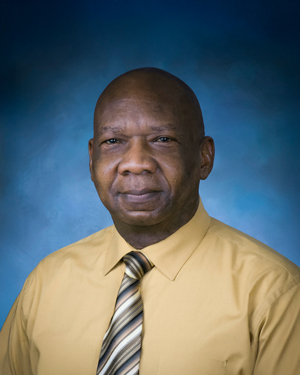 Robert McCalla, M.S., is the CREATE liaison who facilitates patient care between the advocate, patient
and NSU Healthcare clinics to include vision and dentistry. He problem solves scheduling
conflicts and assists patients with their appointments from their initial evaluation
appointments through the entirety of their treatment plan. If you have a question
about healthcare services for a Human Trafficking victim, contact Robert at CREATE@nova.edu.
Robert McCalla, M.S., is the CREATE liaison who facilitates patient care between the advocate, patient
and NSU Healthcare clinics to include vision and dentistry. He problem solves scheduling
conflicts and assists patients with their appointments from their initial evaluation
appointments through the entirety of their treatment plan. If you have a question
about healthcare services for a Human Trafficking victim, contact Robert at CREATE@nova.edu.
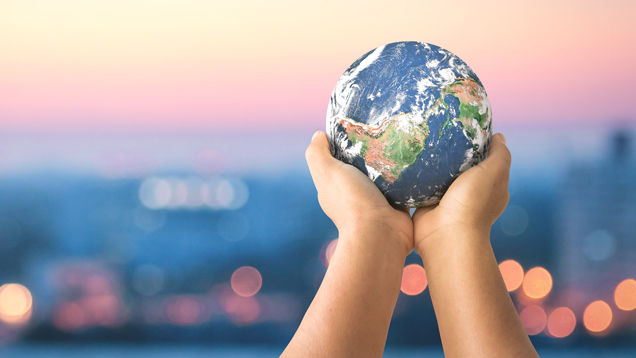
Goals
CREATE® is housed within the Dr. Pallavi Patel School of Health Sciences. The goals and objectives of CREATE include: Human trafficking prevention through education and research Improvement of the quality of life for victims and communities at the local, national and international levels.
Contact Us
To request information and training, please email create@nova.edu.

